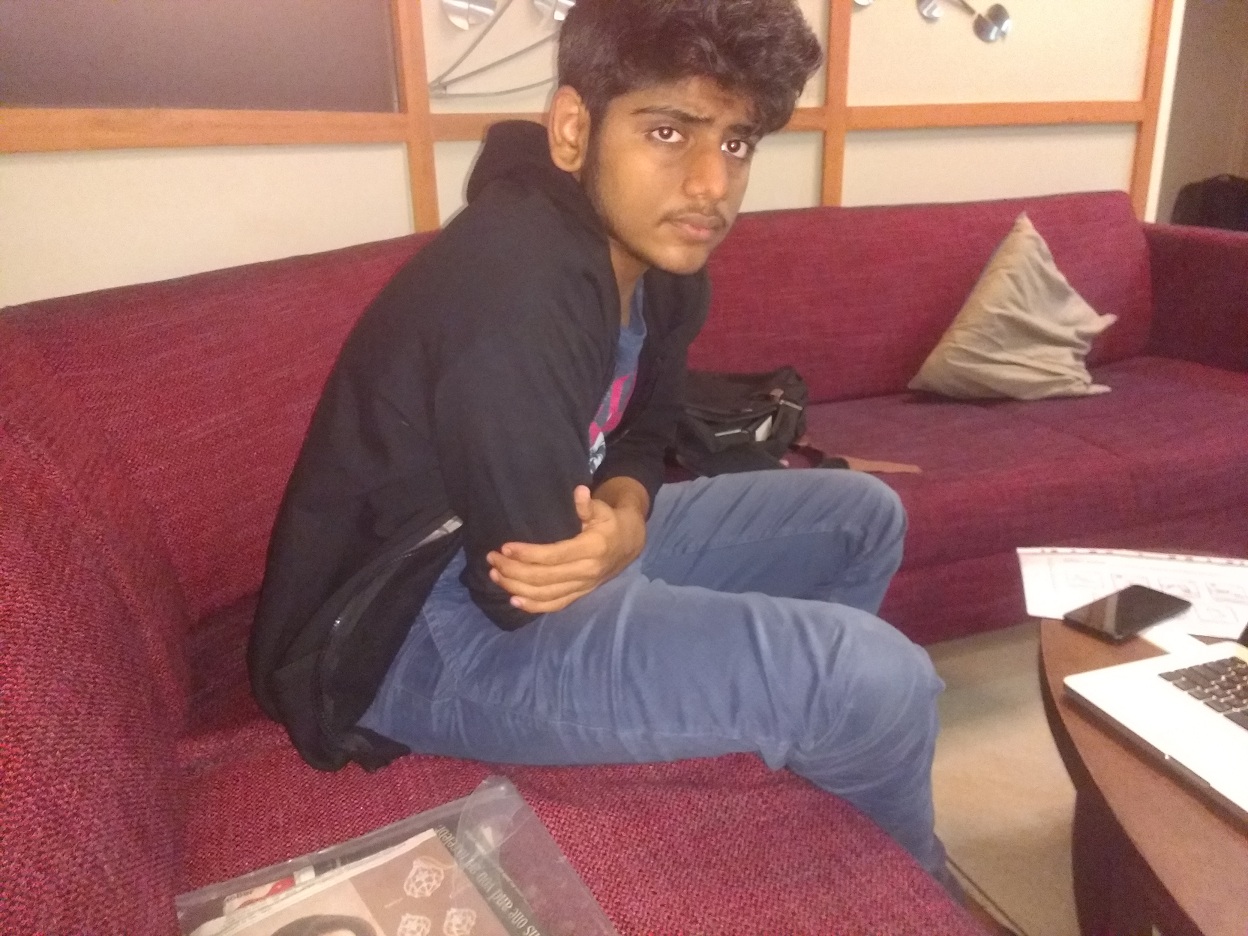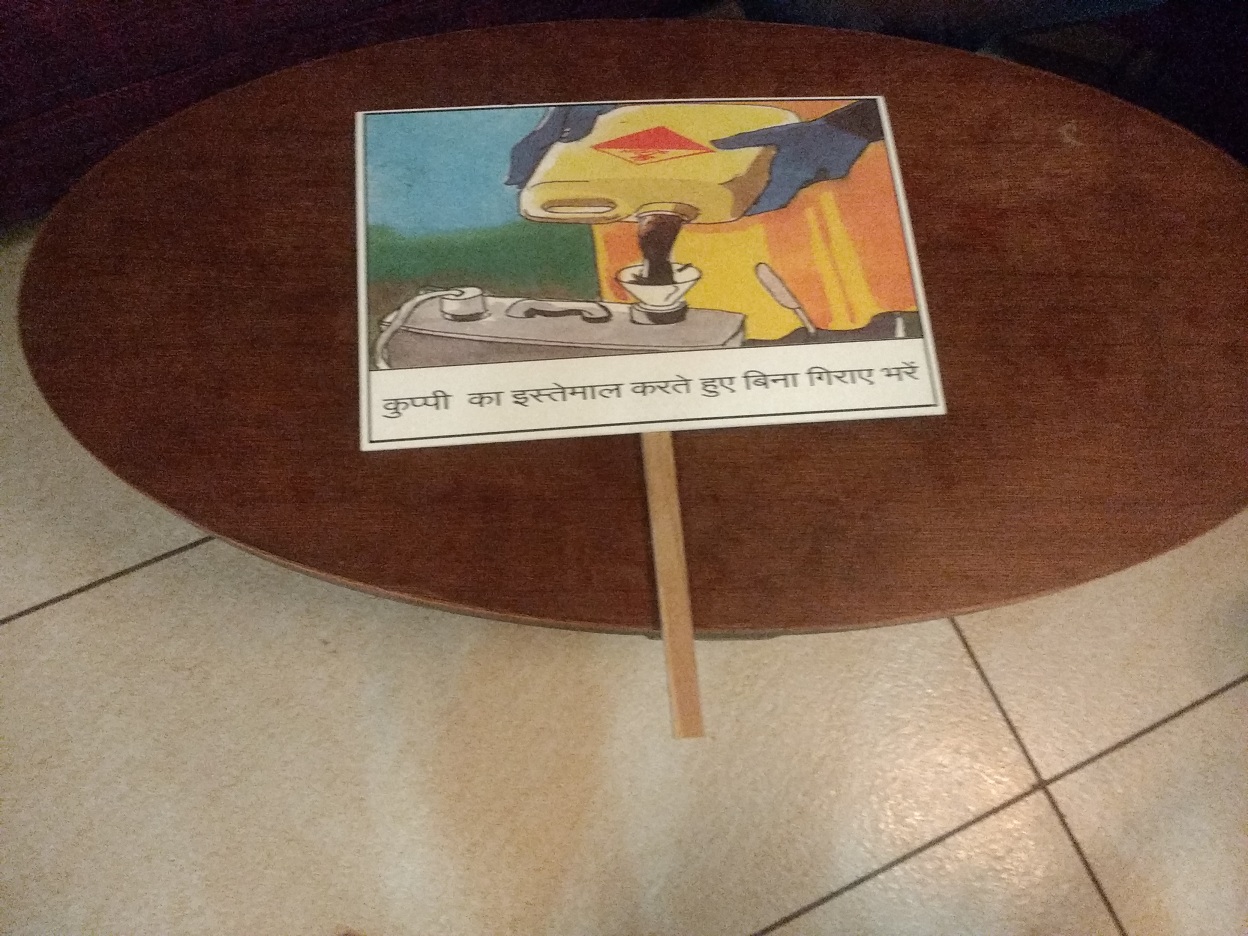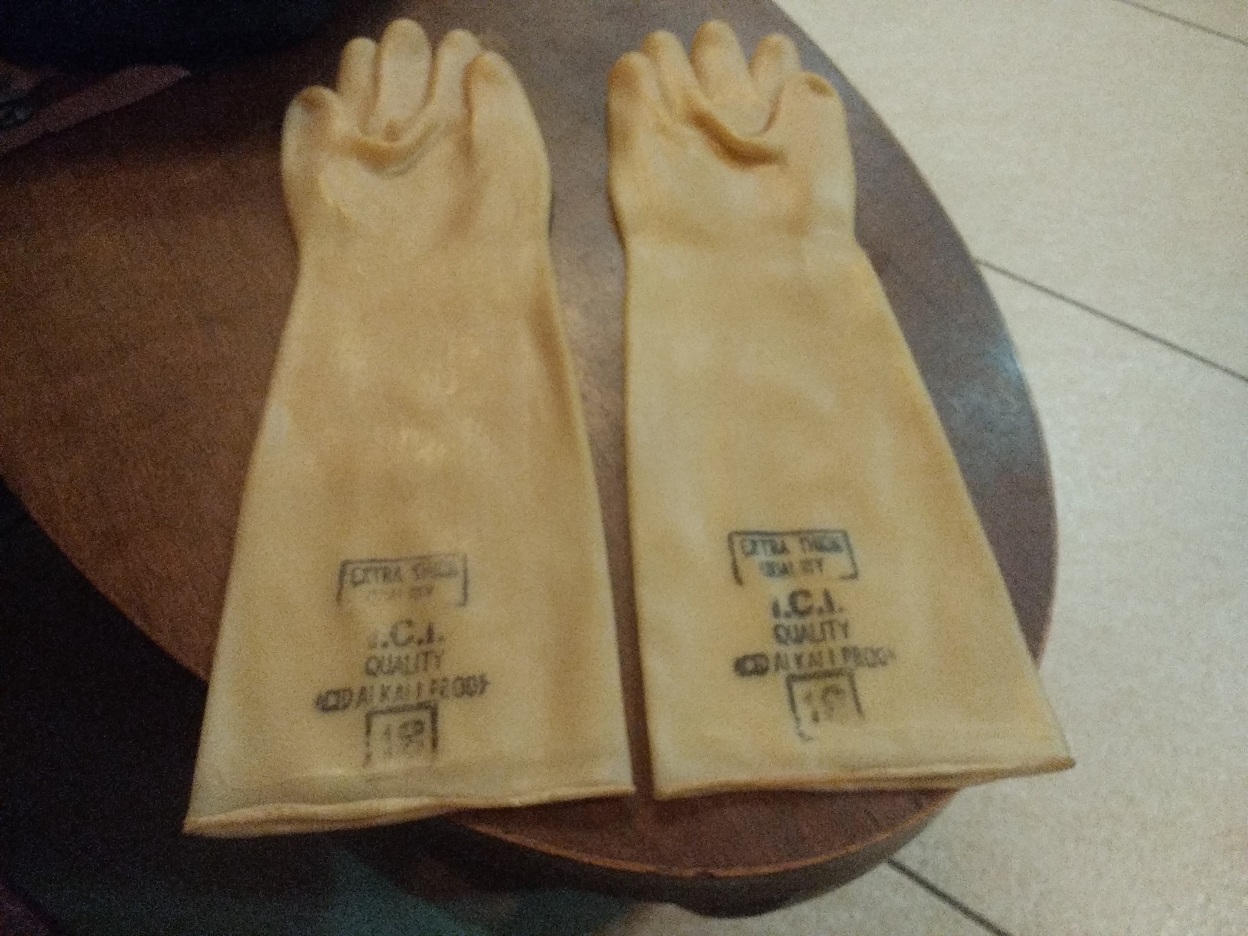A Campaign by This 16-Year-Old Is Educating Farmers About Pesticides!
Rohan Parekh has prepared an educational kit to inform farmers about pesticide-related toxicities, and distributed masks to farmers for free.

While his friends and acquaintances hang around cafes or are found hunched over smartphones, Rohan Parekh, a 16-year-old student of Ahmedabad International School, is working to better the lives of farmers. Rohan was deeply affected when he came across the news that 20 farmers died and 25 lost their vision due to infection caused by spraying poisonous pesticides in the farms in the Yavatmal district of the drought-prone Vidarbha region of Maharashtra.
Also Read: A Walking Stick That Charges a Phone & Lights Your Way, This UP Teen’s Innovation Is a Wonder!
He decided that he needed to do something about it, and took some time out of the gruelling schedule of the school, to educate himself about the harmful effects of pesticides. The result of that was a unique campaign which educates farmers about the many hazards of pesticides and teaches them how to use them carefully.
As a part of this campaign, Rohan has prepared an educational kit and distributed about 500 masks to the farmers for free.

Rohan recently visited Kuvara and Vagdod villages in the Patan district of Gujarat, equipped with the educational kit of placards and banners showing the right way of using the pesticides.
Working with the local NGO, Rohan spoke to the farmers about the health hazards of the pesticides. He showed them samples of face shields, safety glasses, hard hats, safety shoes, goggles, rubber gloves, vests and earplugs which could work as protective gears for them.
Explaining to the farmers the use of what is called the Personal Protective Equipment (PPE), he emphasised that the right clothing and devices be used to protect the body from contact with chemicals such as pesticides.

Rohan primarily focused on the three factors affecting PPE’s chemical resistance—the chemical properties of the pesticides, the exposure time and the exposure position.Appealing to the farmers to use only certified pesticides, he also asked them to read the pesticide label which provides information on the correct equipment to be used for the specific chemical.
Also Read: No Pesticides, & yet Bountiful Cotton Crops – the Secret of Farmers in Haryana & Punjab
How do pesticides enter the body?
Rohan explained that pesticides enter the body through three main routes: skin, eyes, and nose, and PPEs are designed to protect exposure to humans from a wide variety of pesticide-related toxicities.
Long-sleeved shirts and gloves prevent skin (dermal) exposure to arms and hands; respirators protect lungs and the respiratory system while goggles and protective glasses shield eyes.

Rohan also worked on some do’s and don’ts for farmers:
1) Be careful that pesticide does not spill out of the nozzle while
filling the spray tank.
2) Do not store food or water in the pesticide containers.
3) Spray only in the direction of the air.
4) Don’t blow into the nozzle to cleanse it.
5) Do not eat or smoke while spraying pesticides.
6) Don’t allow children to spray.
7) Don’t keep eatables on the site for spraying
8) Wash your hands and face before meal and smoking.
In addition to the above, farmers also need to be aware that the following steps should not be skipped after they have used pesticides—
1) Laundry care: Remove clothes after spraying is over and wash them immediately or wash separately from family laundry. It is crucial to wear chemical resistant gloves while handling contaminated clothing.
2) Disposing of pesticides: With the use of the pictorial kit, Rohan explained how to rinse the container clean and eliminate it as regular solid waste.
In the course of his stay with the farmers, Rohan learnt that some of them realise the importance of protective gear. As one farmer aged 90, said, “Prevention is better than cure.”
Rohan is currently working on a video presentation covering all aspects of the use of pesticides.
Like this story? Or have something to share? Write to us: [email protected], or connect with us on Facebook and Twitter.
NEW: Click here to get positive news on WhatsApp!
If you found our stories insightful, informative, or even just enjoyable, we invite you to consider making a voluntary payment to support the work we do at The Better India. Your contribution helps us continue producing quality content that educates, inspires, and drives positive change.
Choose one of the payment options below for your contribution-
By paying for the stories you value, you directly contribute to sustaining our efforts focused on making a difference in the world. Together, let’s ensure that impactful stories continue to be told and shared, enriching lives and communities alike.
Thank you for your support. Here are some frequently asked questions you might find helpful to know why you are contributing?


This story made me
-
97
-
121
-
89
-
167













